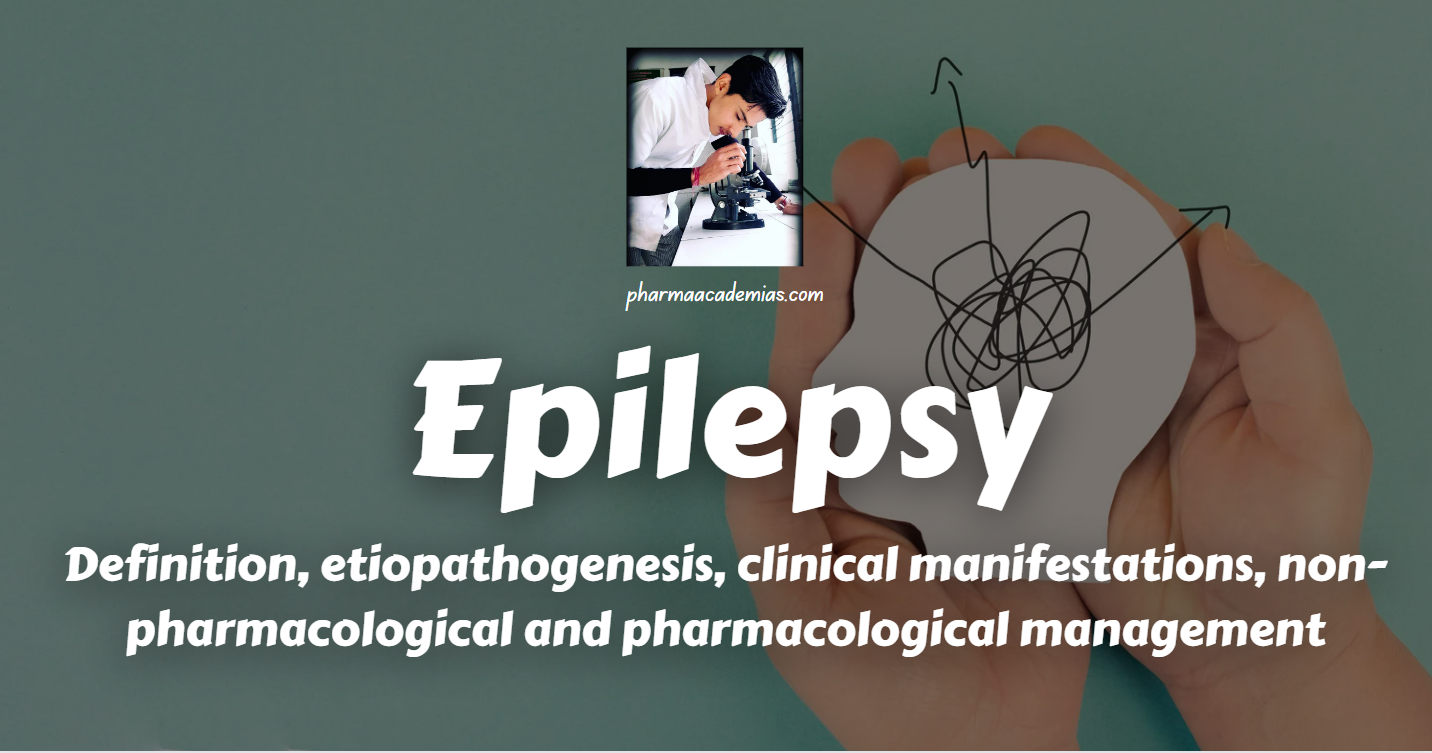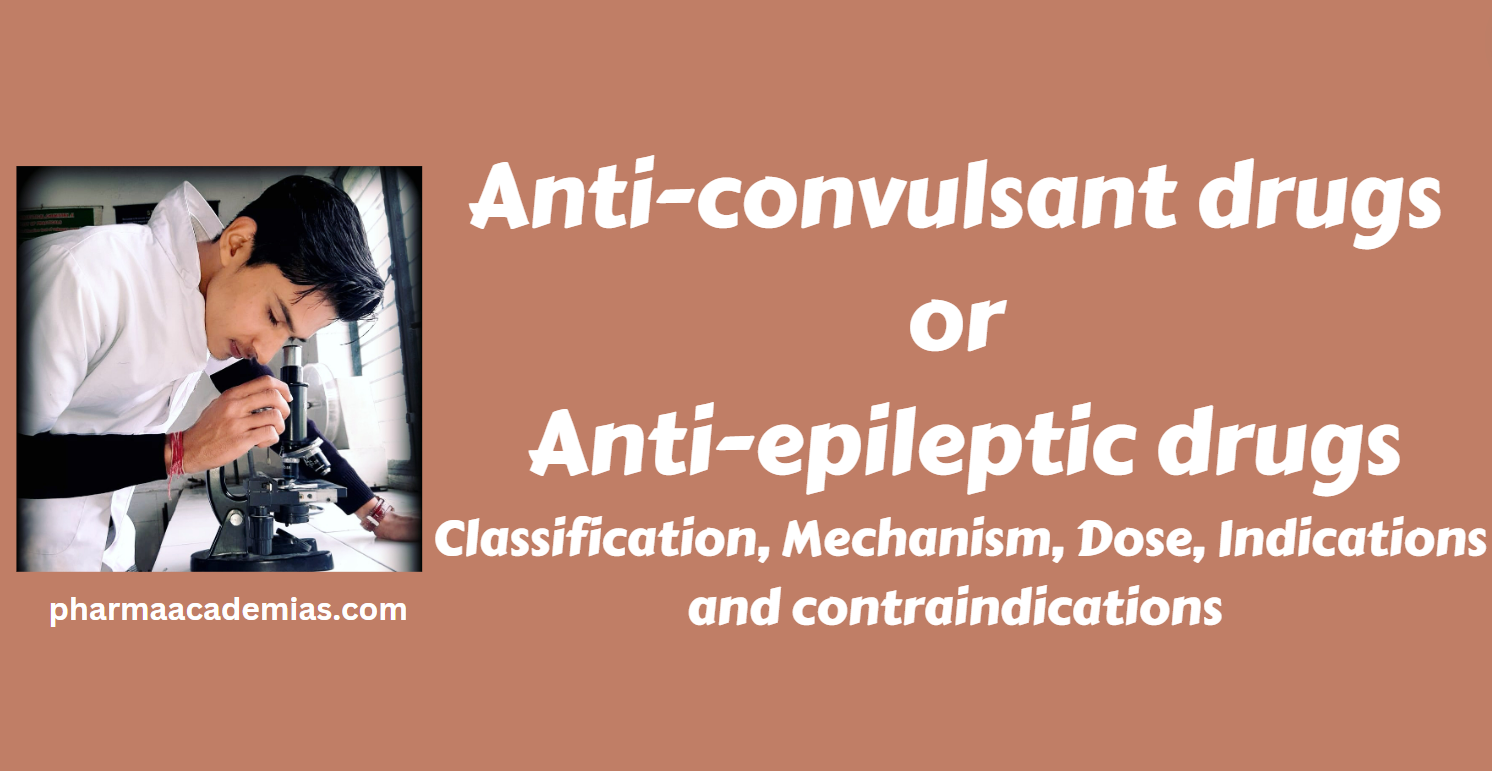Epilepsy: Definition, Types, Causes, Pathophysiology, Symptoms, and Treatment
Epilepsy is a chronic neurological disorder characterized by recurrent, unprovoked seizures. These seizures result from abnormal electrical activity in the brain and can vary in type and severity. It is one of the most common neurological conditions, affecting approximately 50 million people worldwide. Pathophysiology of Epilepsy Epilepsy arises from an imbalance between excitatory and inhibitory … Read more







 Join Our Telegram Channel
Join Our Telegram Channel